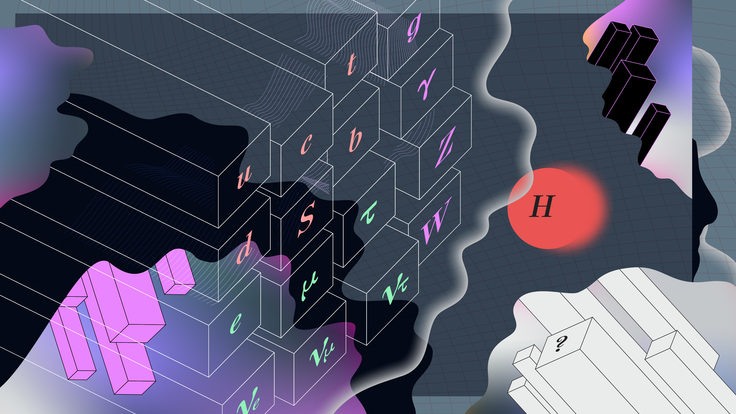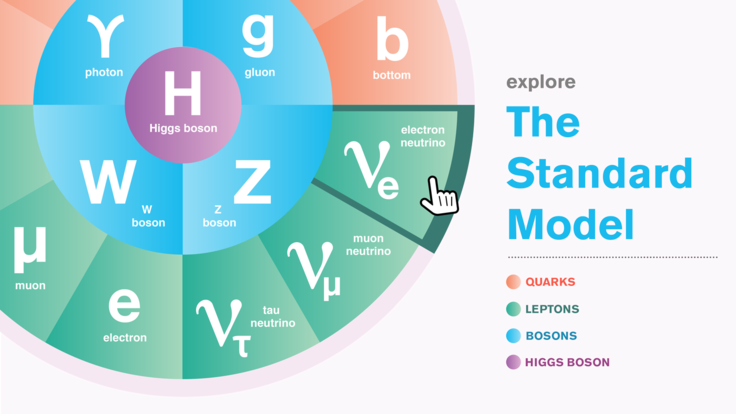Pierre Auger tests solar technology
As the Pierre Auger Observatory in Argentina collects cosmic rays for science, its thousands of solar panels are collecting data that could make solar power cheaper, more efficient, and more reliable.
 |
| Photo courtesy of Acciona Energia |
Pierre Auger is "a fantastic experimental test," which is the best in the world right now for solar panels and their batteries, says Angeles Lopez Aguera, dean of physics faculty at Santiago de Compostela University in Spain. "Industry never, never will be able to have this large an amount of experimental data."
Spain is a global leader in the production and design of solar panels and home to the 11 biggest photovoltaic power plants in the world (see image above). Much bigger plants are on the drawing board worldwide, including a 550 MW installation proposed in California that would generate enough electricity for roughly 550,000 homes.
Battery outages in these large solar parks can take two weeks to reach and repair. Reliability is also an issue for solar panels in remote areas, from isolated villages in developing countries to the Colorado site where a second Pierre Auger Observatory is planned.
So Santiago University is working with two Spanish corporations— including ISOFOTON, the second-largest producer of solar panels in Europe—to monitor the performance of the 3320 solar panels that power Pierre Auger's detectors, which are scattered across 1200 square miles of semi-arid pampas. Spain provided most of the solar panels and Brazil most of the batteries as their contributions to the international observatory.
The companies hope the 70 million bits of data the panels provide each year will help them produce solar panels and batteries that last longer, withstand long periods of extreme temperatures, better respond to peak power needs, and optimize the amount of sunlight converted to electricity.
Researchers recently created a prototype "intelligent" regulator for the solar panels that will be tested in Spain and at the Colorado observatory. The regulator will sound an alarm when a battery is about to go out so it can be replaced, avoiding power outages and optimizing the life spans of batteries.
"This is important for Pierre Auger, that is clear," Aguera says, "but it is also important for the big solar parks."
Tona Kunz
Click here to download the pdf version of this article.






